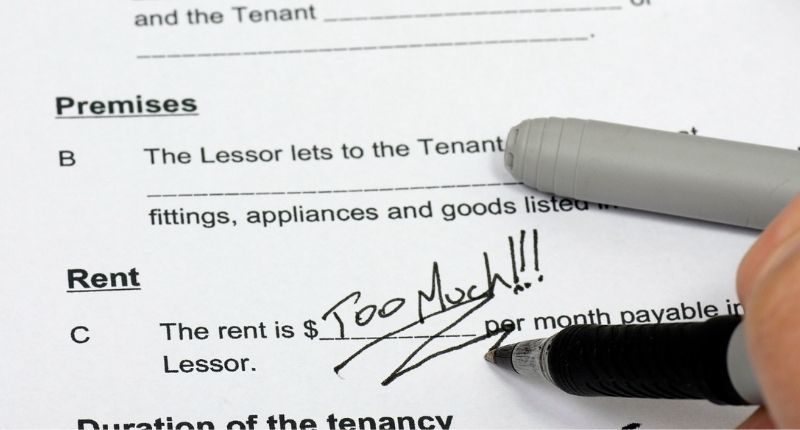- Brisbane vacancy rate is 1.8 per cent
- Sunshine Coast vacancy rate is 0.4 per cent
- Big rent increases are not always the best option for landlords
There was a time not so long ago when Queensland’s southeast corner rental market was nothing to write home about.
That’s because this neck of the woods had long seen a stable rental market during which supply and demand had been evenly balanced.
This often resulted in steady rent increases for landlords and more affordable rental properties for tenants.
However, when there is more demand than supply (or vice versa) of anything then these ‘steady as she goes’ metrics tend to disappear.
Demand surging
This is certainly the case at present with far more demand than supply for rental properties across Southeast Queensland.
According to SQM Research, the residential rental vacancy rate in Brisbane was 2.9 per cent in December 2019, however, by December 2020 it was just 1.8 per cent, which is well into undersupply territory.
Brisbane, 2017-2021
On the Sunshine Coast, the situation is even more extreme, with the vacancy rate falling dramatically from 1.8 per cent in December 2019 to just 0.4 per cent in December 2020, the lowest rate in more than 15 years, according to available data.
Sunshine Coast, 2017-2021
What this shows is that there is far more demand than supply of rental properties currently available.
Now, this is partly due to the pent-up demand from tenants during the lockdown last year, but we are also seeing a huge influx of interstate migrants into the southeast who are renting before buying a home.
With such a tight supply of rental properties, it’s fortunate that first home buyers are very active at present, as the situation could be even more difficult for tenants.
Rent rising
So, with such a demand and supply imbalance occurring, some landlords are considering increasing the rents for existing tenants significantly.
However, while rents should always be reflective of the current market conditions, it’s important for investors to understand that long-term tenants are often just as valuable.
Having a tenant who looks after your property like their own, as well as who pays their rent on time year in and year out, is the nirvana of property investment.
That’s simply because it reduces the stress, and cost, of attracting and retaining new tenants every six or twelve months.
Also, it’s important for landlords to understand that rent increases must be reasonable, even if the market is running hot.
That’s because under the relevant legislation, a tenant can dispute the rent increase if they feel it is excessive, which can wind up at QCAT if a mutually agreeable outcome is not found.
As I’ve often written about, successful property investment is a long-term wealth creation strategy.
That means that while landlords should make the most of the current market conditions, they also need to recognise the value of having long-term tenants.
~~
Before making any investment decisions, please do your own independent research, taking into account your own situation. This article does not purport to provide financial or investment advice. See our Terms of Use.








